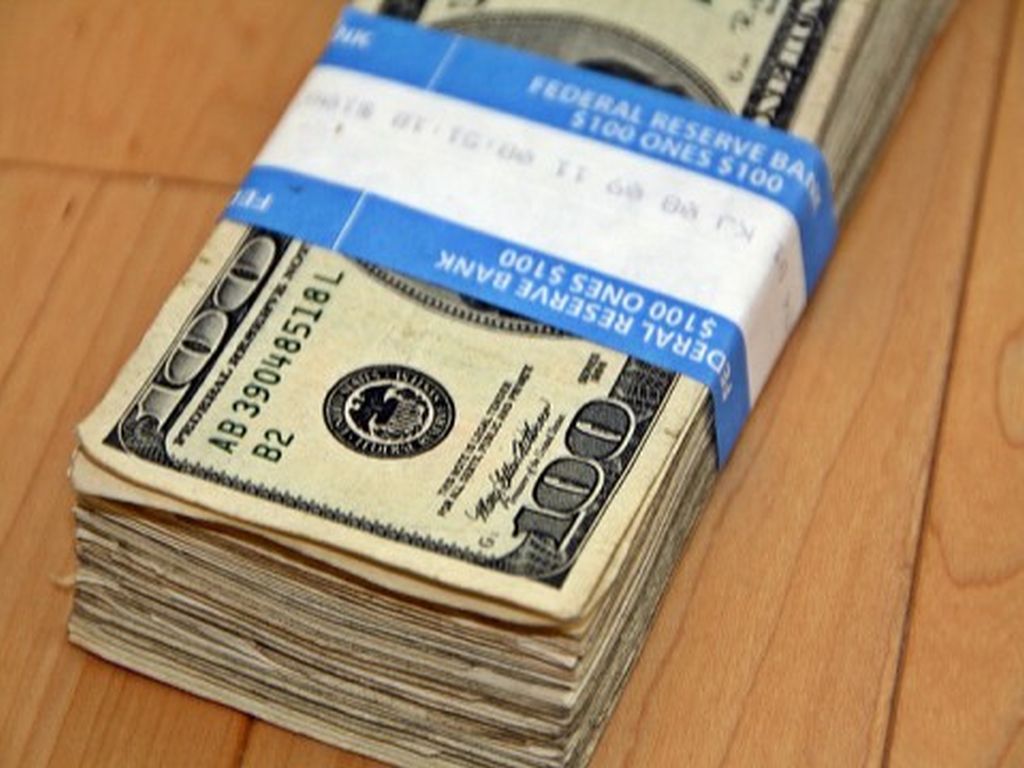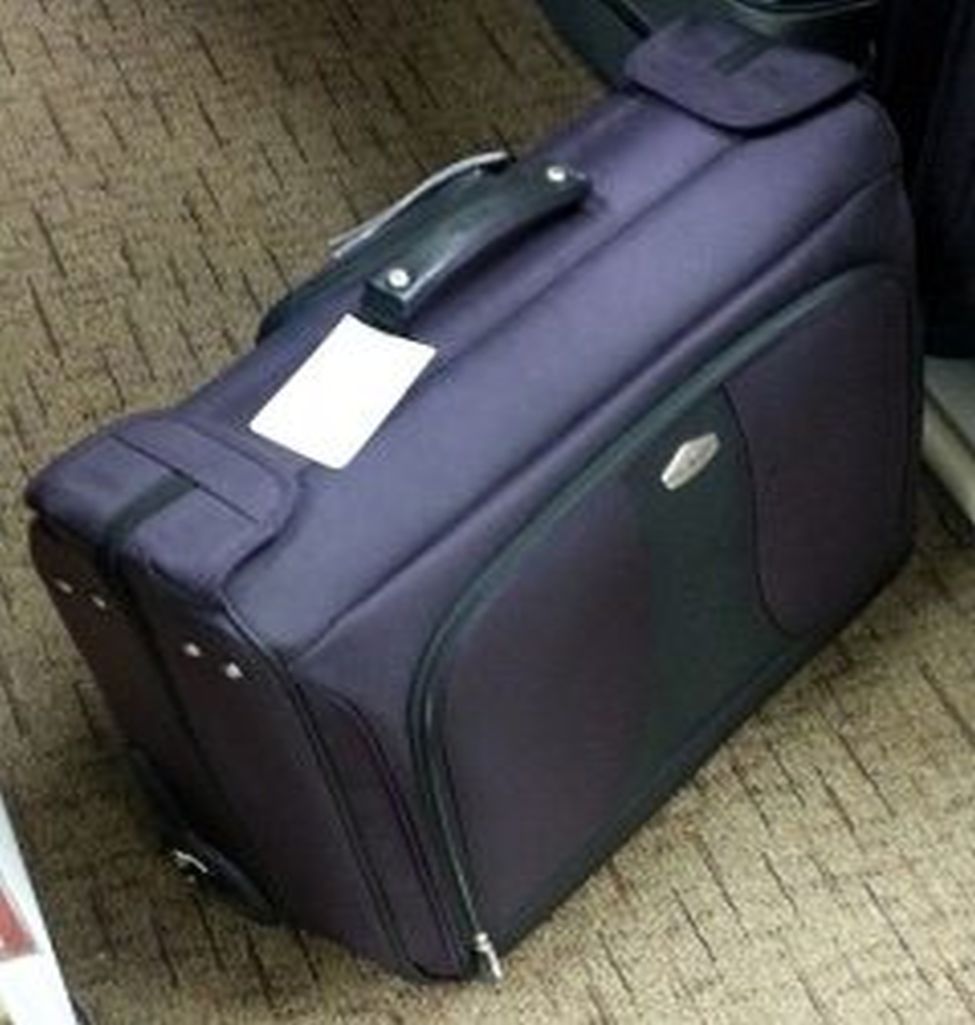Handling the bookkeeping for many small to medium sized businesses is something that T. L. Wall Accounting does, and we believe we do it well. Bookkeeping really isn’t difficult if you have the time to keep up with it, and yet we find that there’s also an elegant art in doing it that can help our customers. If you’re predisposed to do your own bookkeeping, here are a few ideas that might help things go smoothly.

business lunch
1. Categories. There are two things we find that people do which can throw them off immeasurably. The first is not having any breakdowns in their income and expenses so they know more about their money. The second is having so many categories that it feels like a miasma when trying to figure out where something should go, which often means another category ends up being created because it seems like the easiest way to go.
For most people, you should only consider breaking things into your top four areas of concern, and throwing everything else into miscellaneous. If you’re a professional photographer for instance, probably your top four expenses are equipment, marketing, photo processing and binders/frames, if you’re a portrait photographer. If you have a full time assistant you might need to have a category for that. If you have a website but only pay for hosting and your yearly domain payment (which you might only pay once for upwards of 3-5 years in advance), you could list that under miscellaneous because it’s a minimal cost and not something that overtly stands out.
As long as you have the ability to write a brief note next to it, you can get by without having to create another category. Travel is something that also goes under miscellaneous since you can only list mileage and not the actual cost of gas or maintenance.
2. Receipts. We get receipts from everywhere but when we need them for accounting purposes, we need them to prove what we’re claiming. There needs to be a repository somewhere in your office or home where you throw all receipts in, no matter what they are, until you have time to look at them. To steal from Judge Judy, if it’s not on paper it doesn’t exist.
You also need to make sure you mark certain receipts that might not look like they’re business related on the surface. For instance, if you met someone for lunch or dinner and the discussion was business related, you can write that off and thus you need to label that receipt for both your accountant and yourself, as you might not remember two months later that you’d had that event.
Remember, receipts cover a lot of ground. Equipment, clothes, shoes, or anything you purchase out of town that can be related to business in some way. Keep everything and make sure you send it to your accountant. Let them figure out whether it’s eligible for a write off or not.
3. Invoices. Invoices are important because they help you define what someone else is paying you for. If the work you do means that you give someone a small invoice after you do work for them, you’ll need to make sure you hold onto a copy of the original and, and produce your bank statement later on showing you were paid for that work.
If you take checks you’re covered, but if you’re being paid cash you might need the extra proof. Some people accept cash without invoices so they don’t have to claim the income for tax purposes. Unless it’s minor, such as being paid $50 for a one-off assignment or something your business doesn’t actually cover, you should list everything you get paid for that’s related to your business. Invoices also help you prove when money you’re given is payment or is for expenses, such as mileage or meal related expenses, on which you don’t have to pay taxes.
4. Dates. Going back to writing notes, you need to make sure everything has a visible date on it, or else you need to write it on there. Dates are proof that something happened in a particular month and year, and you might forget when things actually happened.
In this case, it’s safer to write dates on almost everything unless you printed it yourself. These days, a lot of receipts you get after meals fade out over time, sometimes within weeks. If it’s to the point where you can’t see where you were, when you were there or how much you paid for the meal, then it’s useless and you lose out on a write off expense for your taxes. Another tip is to take pictures of your receipts and print those out yourself when you get back to the office.
As a bonus, for our clients benefit, we don’t ask anyone to separate any of these things before they come to us. As long as you have everything together, maybe in a large envelope or folder, we’ll take the time to go through and categorize everything so that your tax reports are accurate and give you the biggest benefit possible.


